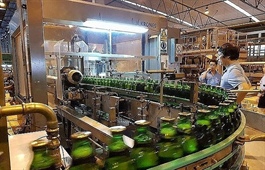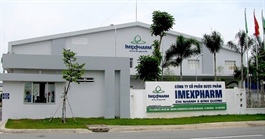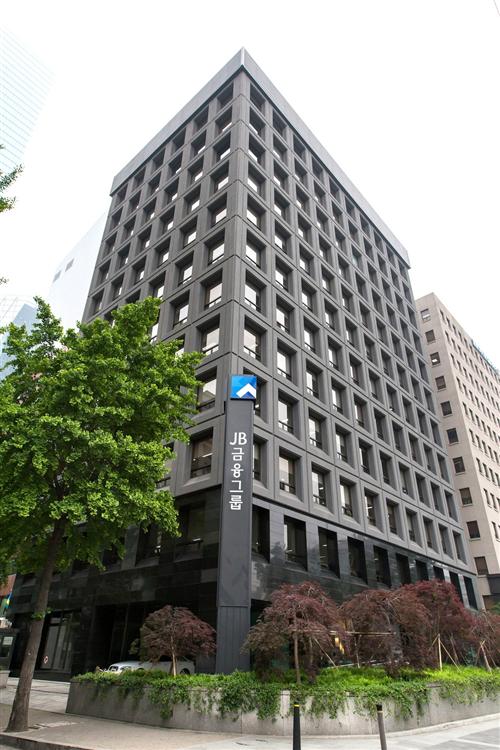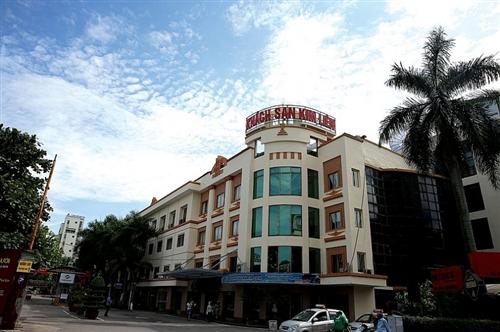Foreign ownership ratio in Binh Son Refinery (BSR) slips
Foreign ownership ratio in Binh Son Refinery (BSR) slips
From 4.74 per cent two years ago, the foreign ownership ratio in Binh Son Refining and Petrochemical Co., Ltd. (BSR) – the operator of Dung Quat Oil Refinery – has slipped to 0.07 per cent.
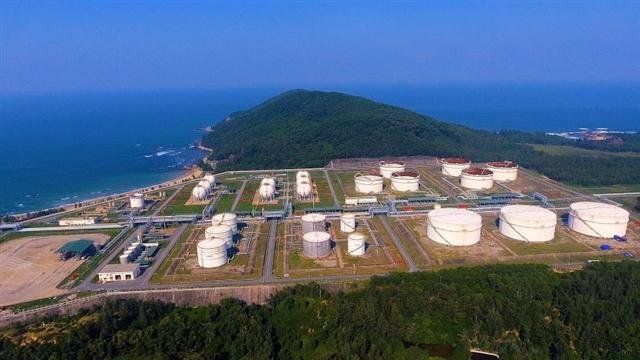
Foreign ownership ratio in Binh Son Refinery has dropped to almost nil
|
According to the latest update, the COVID-19 pandemic had a marked impact on the shares of Binh Son Refinery.
In January 2018, BSR reported a successful initial public offering (IPO) with a complete take-up of the offered 242 million shares, equalling 7.79 per cent of its charter capital and the record selling price of VND14.8 million ($643.48).
The average selling price was VND23,043 ($1), 57.8 per cent higher than the initial price.
Foreign investors bought 147.83 million shares, equalling 61.2 per cent of the offered volume. Among these investors, Vietnam Opportunity Fund (VOF) spent $25 million to acquire 10 per cent of the offered shares and Vietnam Enterprise Investment Ltd. (VEIL) poured $10.55 million into this purchase.
However, after the successful IPO, BSR’s shares have been on a consecutive plunge. In March 2020, the price was at a record low of VND5,000 (21.7 US cents) due to the impact of the COVID-19 pandemic. At present, it is at VND6,600 (28.7 US cents).
Due to the consecutive plunge, foreign investors have been selling down their holding in the company. Notably, from the 4.74 per cent after the IPO, the foreign ownership ratio decreased to 2.4 per cent in late 2018, 1.34 in late 2019, and 0.07 per cent as of June 2.
Regarding business results, in the first quarter of this year, BSR reported a loss of VND2.34 trillion ($101.74 million) due to the plunging price of crude oil and increasing unsold petroleum inventories.
This year, BSR targeted acquiring an after-tax profit of VND1.28 trillion ($55.65 million), down 41.4 per cent on-year.
The expansion of the refinery took 56 of the expected 78 months, however, the construction is still behind the deadline because the investor faces massive difficulties in arranging capital.





